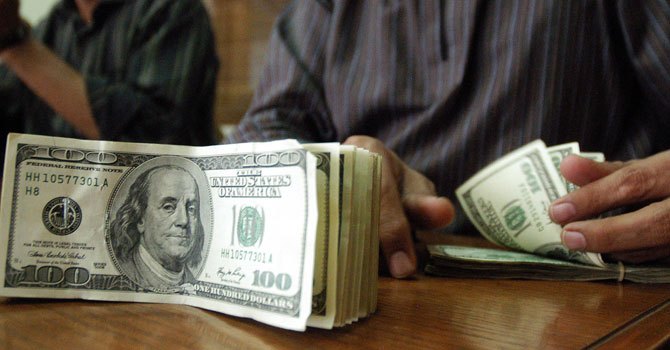SHARM EL-SHEIKH: Egypt’s main state wheat buyer said on Thursday he was not facing any financing issues despite political turmoil and said Russian wheat was still competitive although some shipments had been delayed.
"I don’t have a financing problem, as the state until now guarantees the financing for basic goods to the country so I don’t feel I have any problems at all," the vice-president of General Authority for Supply Commodities (GASC), Nomani Nomani, said, speaking on the sidelines of a conference in Sharm El-Sheikh.
Egypt has been struggling with a ballooning budget deficit since a popular uprising toppled president Hosni Mubarak in February.
The world’s largest wheat exporter spends heavily on its food subsidy program paying 33 billion Egyptian pounds ($5.53 billion) in the fiscal year which ended in June, for subsidized commodities including wheat, sugar, oils and rice.
Delays in Russian wheat
GASC heavily depends on Russia for the majority of its wheat imports.
Since the start of the 2011/12 fiscal year on July 1, GASC has purchased 2.34 million tons of Russian wheat, 180,000 tons of Romanian wheat and 120,000 tons of Kazakh wheat, according to data collected by Reuters.
Nomani said he had faced minor delays with some Russian wheat shipments but that he was compensated for those delays by the suppliers. He said that Russian wheat remained competitive despite the congestion in the Russian port of Novorossiisk.
"The difference in price between Russian origin and French, which is the second one in price, is a big difference. It is nearly $18 a ton (less) based on prices of the last tender," he said.
Since ending a grain export ban on July 1, Russian wheat has dominated international purchase tenders with huge sales made to countries such as Egypt, Jordan and also Iraq.
Traders have said this has led to a shortage of railway wagons to transport wheat to ports and caused delays of up to three weeks.
Russia’s grain export ban had been imposed last year after a catastrophic draught. The country is considering imposing a duty on wheat exports in the current season if exports are too high, the government said on Oct. 11.
"Export tariffs affect the offers that we get," Nomani said and asked that export tariffs not to be imposed.



